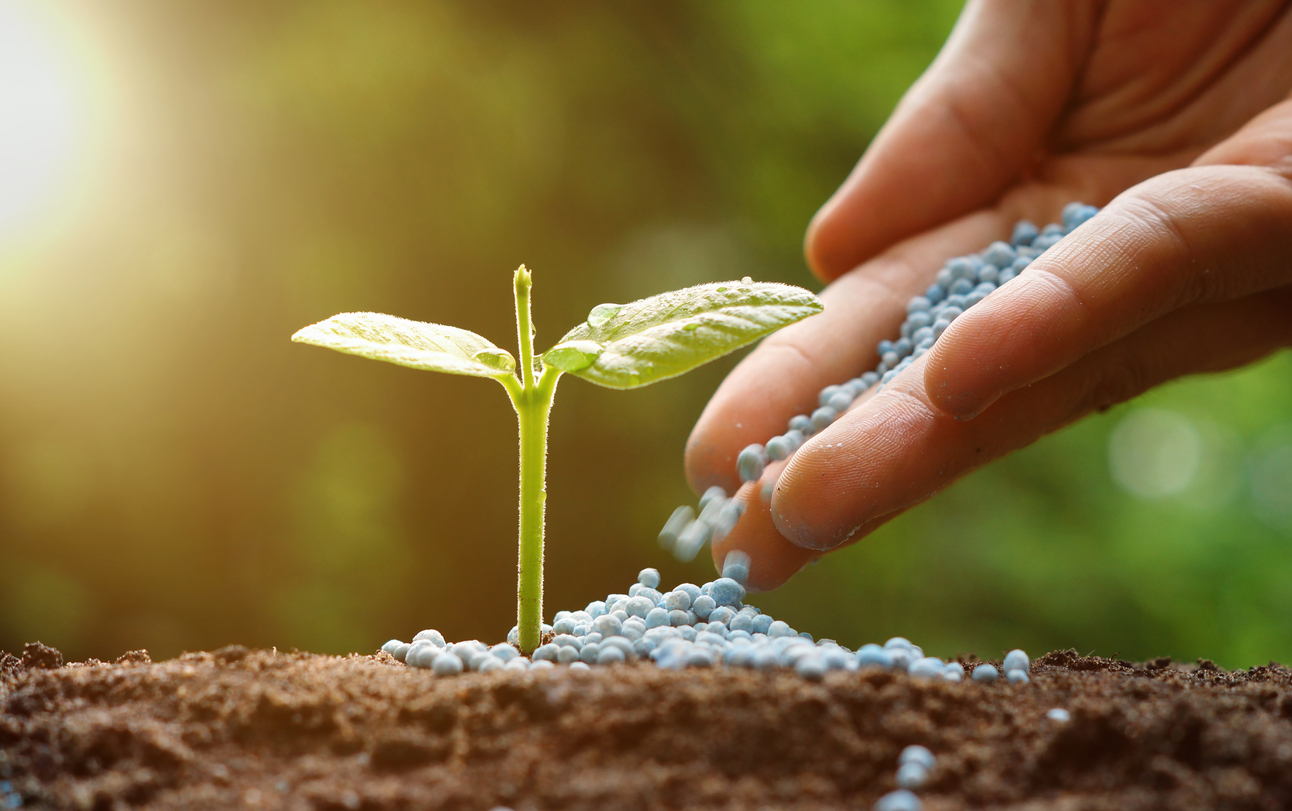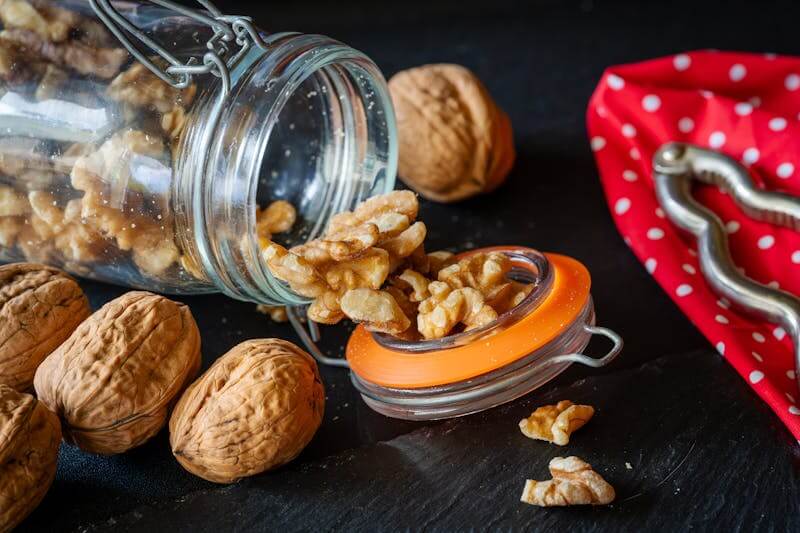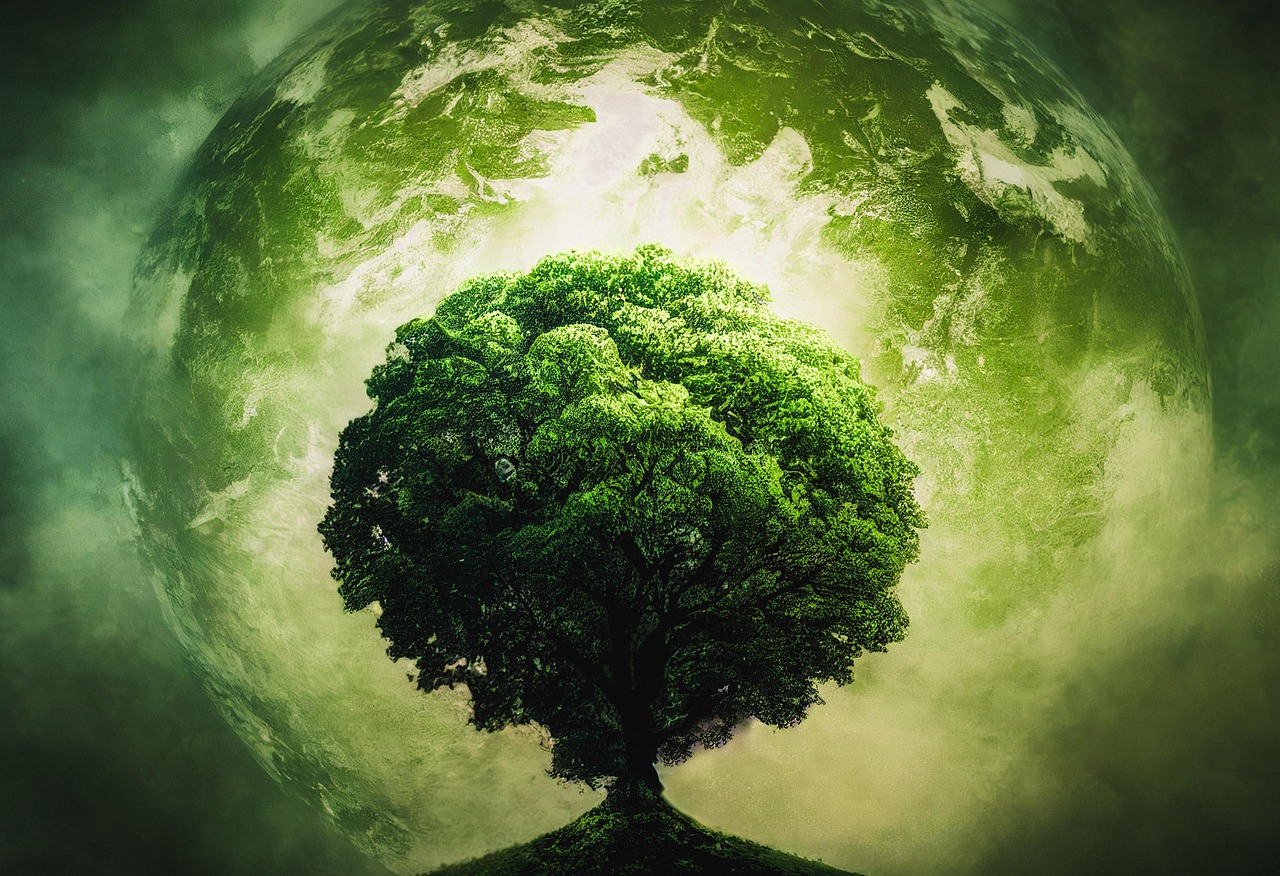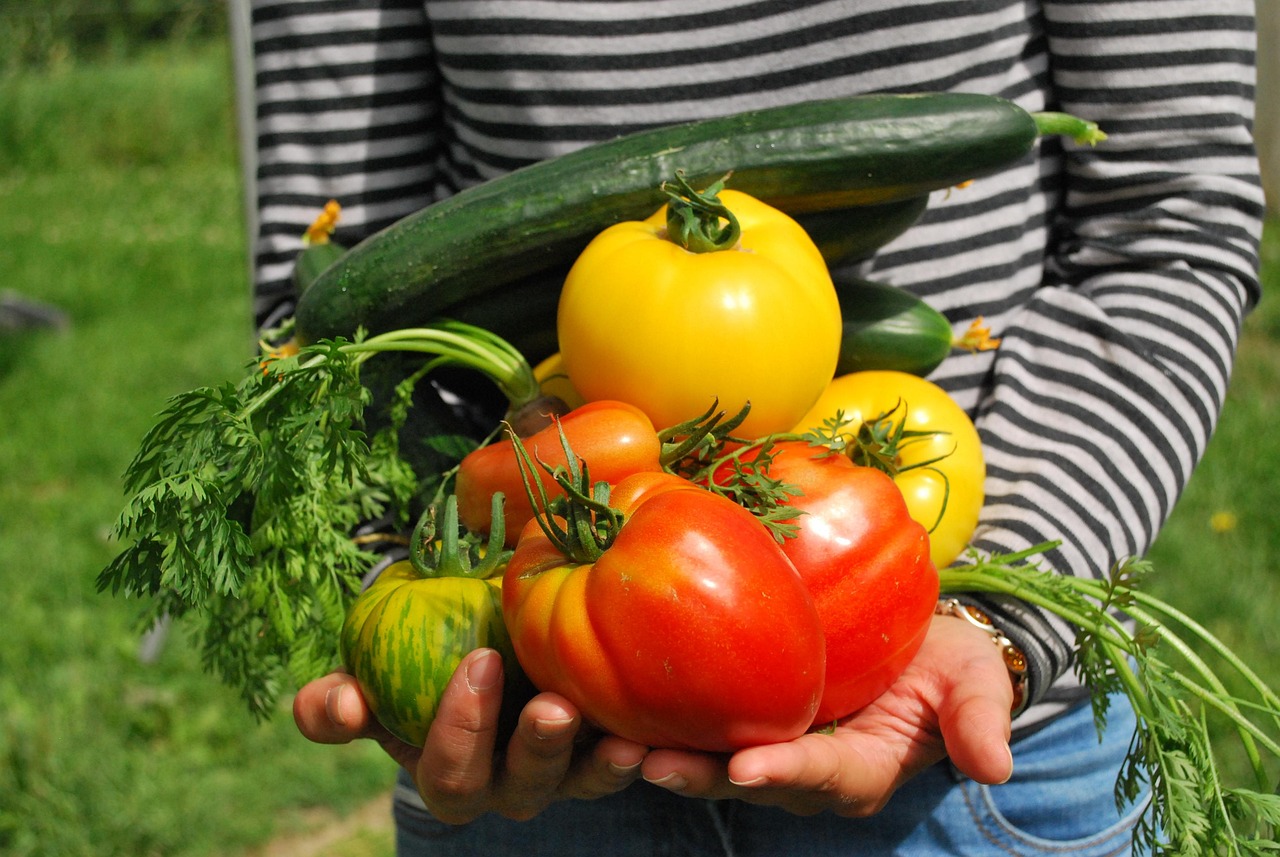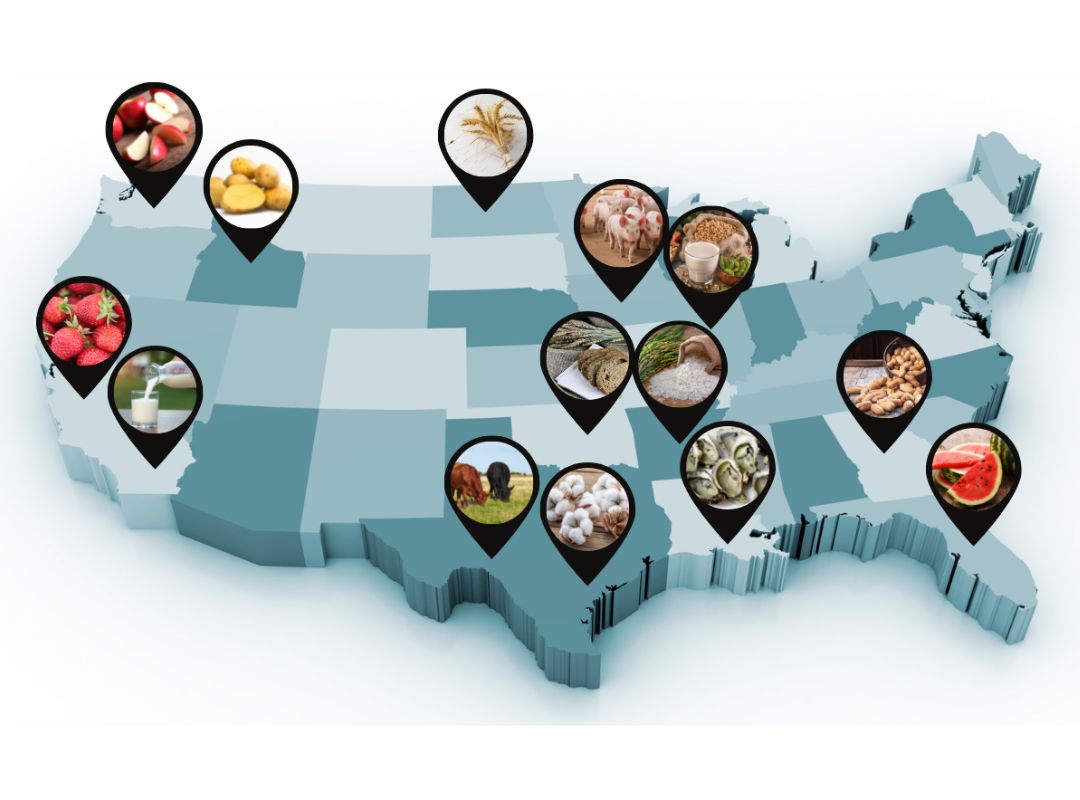Lactose Lab: Some Don't Like it Sweet
In this lesson, students learn the chemistry and composition of milk, identify the difference between a monosaccharide and disaccharide, and carry out a laboratory activity testing the effect of the enzyme lactase on various milks.
